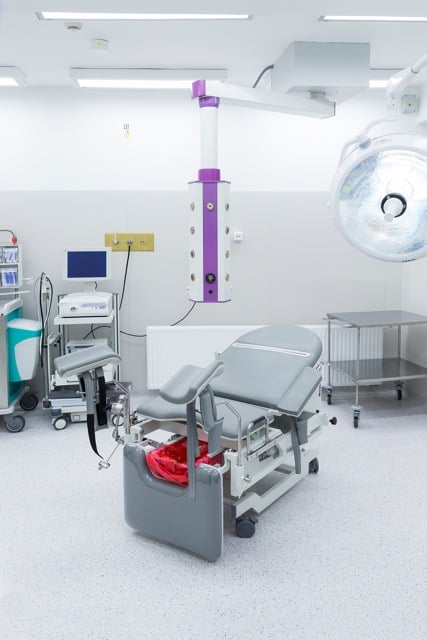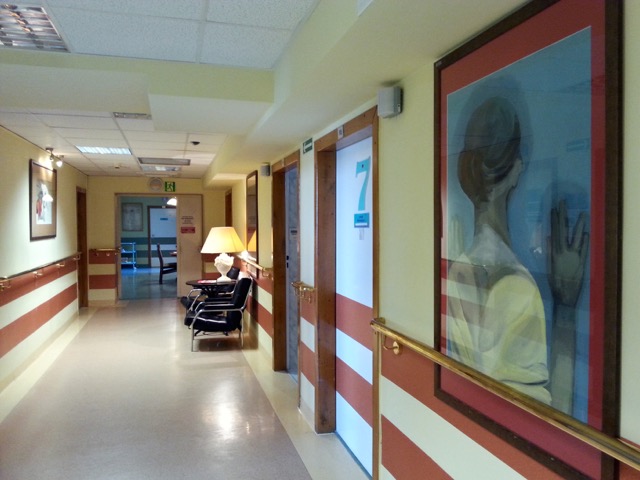Poland’s National Centre for Quality Assessment in Healthcare (NCQA) has revised its accreditation standards for healthcare facilities to include Europe’s first official recommendation that antimicrobial copper touch surfaces are incorporated as an infection prevention and control measure.
Poland’s Hospital Accreditation Programme has existed since 1998 to encourage healthcare facilities to improve not only the quality and efficacy of services, but also patient safety standards. It provides a structured process of external assessment, carried out by the NCQA and based on measurable criteria and accepted standards. NCQA is a Polish Ministry of Health body authorised to conduct a hospital accreditation programme in Poland. In order to obtain accreditation, hospitals are required to demonstrate appropriate procedures are in place and followed.
In the accreditation standards, Chapter IX ‘Infection Control’ provides guidelines concerning the prevention of pathogen transmission by touch.

The Minister of Health explained: ‘Healthcare-associated infections may be a source of substantial iatrogenic harm [undesirable or unwanted effect caused by therapeutic intervention]. It is therefore essential to limit both their number and severity.’
The new chapter states: ‘Reduction of microbial transmission should be achieved, inter alia, using frequently-touched surfaces made from metals with antimicrobial properties, such as copper, brass and bronze, as per the US Environmental Protection Agency’s registration.’

Healthcare facilities applying for NCQA accreditation may be granted between three and five points for installing antimicrobial copper surfaces, depending on the percentage of touch surfaces used.
Copper is a powerful antimicrobial with rapid, broad-spectrum efficacy against bacteria and viruses, and has been shown to kill the pathogens that cause infections, including Influenza A, E.coli and norovirus. It shares this benefit with a range of copper alloys—such as brasses and bronzes—forming a family of materials collectively called ‘antimicrobial copper’.
Touch surfaces made from solid antimicrobial copper are used in hospitals and care homes around the world to reduce the spread of infections, supporting key infection control measures such as good hand hygiene and regular surface cleaning and disinfection. This official recommendation acknowledges the significant peer-reviewed scientific evidence base for copper’s role in reducing microbial contamination and boosting patient safety.
Source & Image Credit: Antimicrobial Copper
Latest Articles
Antimicrobial Copper,Infection, disinfection
Poland’s Hospital Accreditation Programme has existed since 1998 to encourage healthcare facilities to improve not only the quality and efficacy of services, but also patient safety standards.







